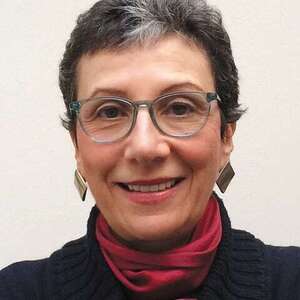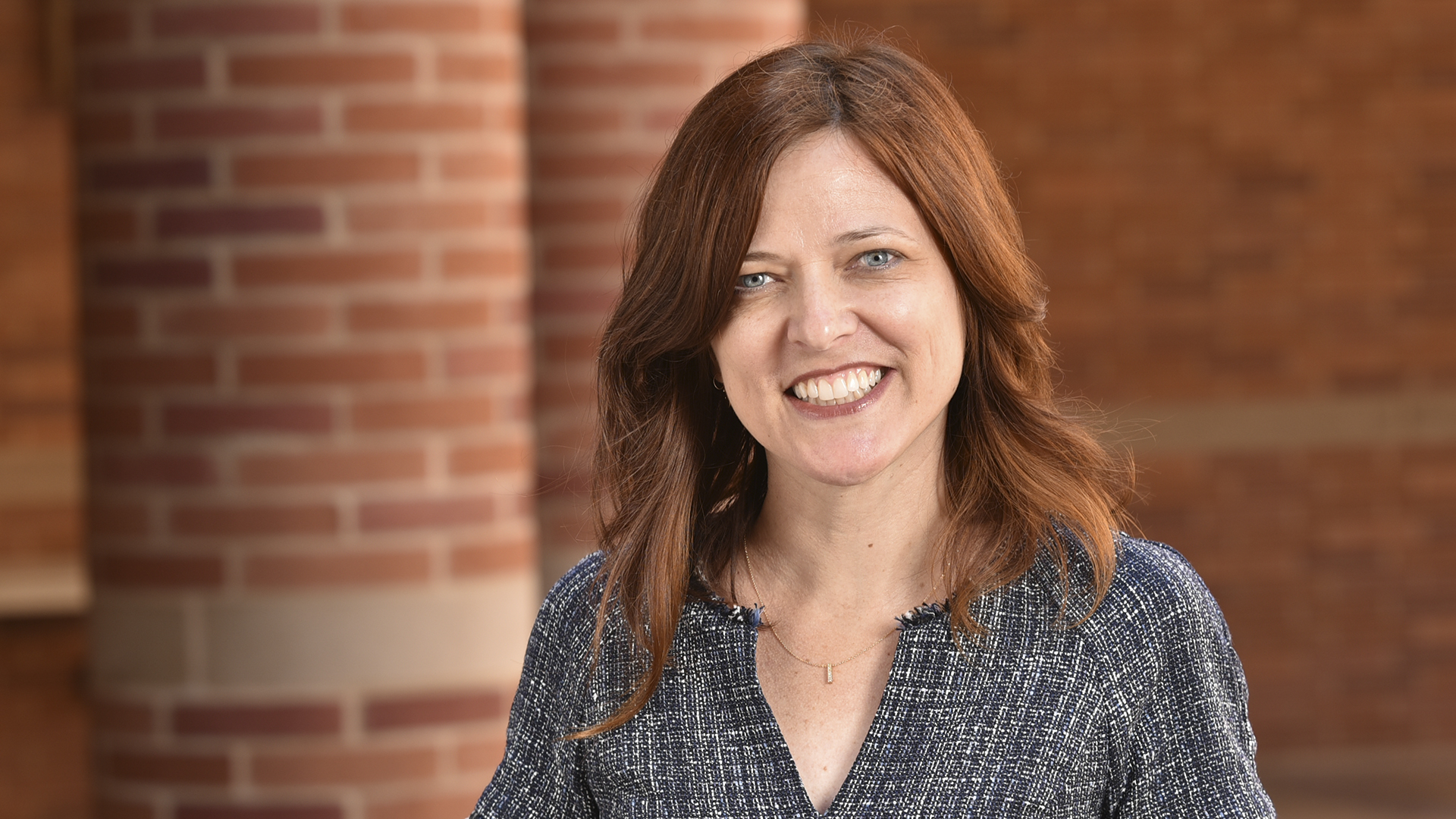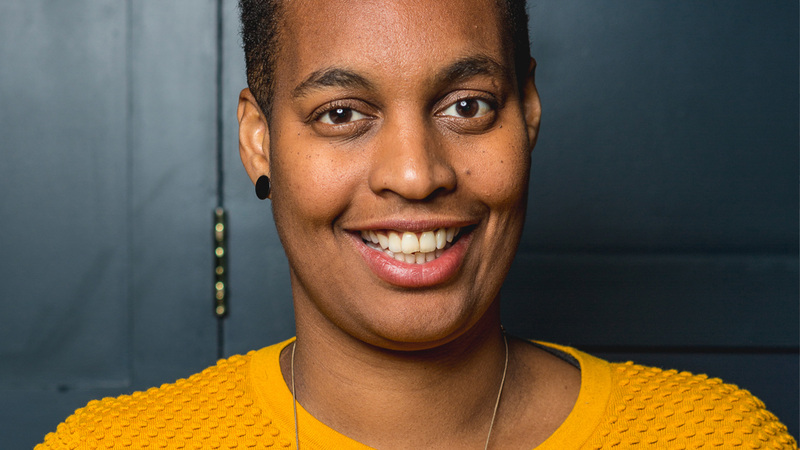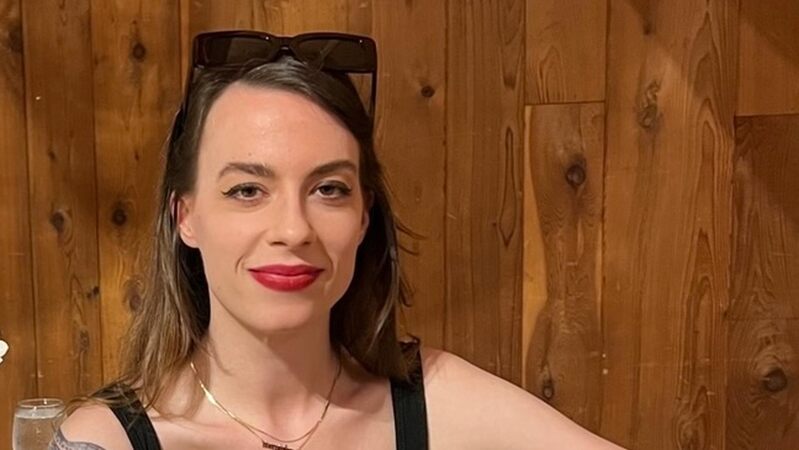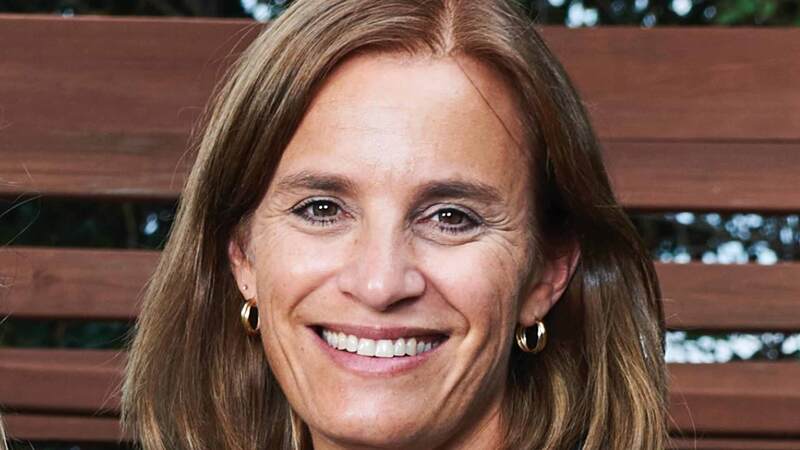You are viewing your 1 free article this month. Login to read more articles.
Of bookshops, discoverability and burnout
Panellists were asked 10 questions at an Ingram webinar on topics that touched on discoverability, when scale matters and burnout.
With its chief content officer Phil Ollila declaring that "the value proposition in our industry is changing", Ingram organised a webinar this week featuring Ollila, American Booksellers Association c.e.o. Allison Hill, and Molly Stern—former publisher of PRH’s Crown division and founder of start-up Zando—to consider challenges and opportunities, and suggest strategies to work through them. More than 1,700 people registered, the highest Ingram has tallied for any publisher-specific webinar since it began hosting them in 2019.
In a tight hour Amy Cox Williams, the company’s merchandising vice-president, asked 10 questions on topics that touched on discoverability; when scale matters, and when it doesn’t; making the transition from traditional gatekeeper to leveraging today’s myriad new tastemakers; and where investment will count most in a world permanently changed by the pandemic.
Hill, who was taking a break from a tour of stores and regional shows, described "people power" as one of bookselling’s major challenges. There’s the problem of "burnout" across the industry. Labour shortages and the "great resignation" are "potentially harmful" for sales; with the loss of experienced staff, invaluable knowledge accrued over years about communities and accounts also lost.
"Publishers really need to understand" that indies will be challenged in the run-up to the holidays by having some sales staff in stores "who’ve been there less than six months". It would help if they put more into building relationships between their reps and these new booksellers, she suggested. Supply chain issues represent another major problem; Hill mentioned specifically that a higher percentage of books are arriving damaged, hurting sales as well as consuming booksellers’ time.
Hill spoke of how exciting it has been to see shifts brought by the pandemic, how many assumptions it challenged, and how the definition of the role of the bookstore in a community expanded the value proposition
Both Hill and Stern underlined the importance of finding the right staff to overcome another fundamental challenge, what Stern called "the homogeneity of the workforce". Bringing into the staff—whether in a publishing house or a bookstore—fresh and diverse viewpoints, and emphasising diversity, equity and inclusion and a living wage to make it possible, is necessary to driving success in a widening readership. That also plays into what Stern called the "signal challenge" from the publishing side—how to drive awareness in a digital world. Indeed, Zando is predicated on cracking the discoverability problem with a new model, turning authors such as Gillian Flynn and other "names" into publishers with their own lists, "to harness word-of-mouth and the power of platforms", while tapping Ingram for distribution.
Ollila saw a need for the industry "to rethink the approach to get books into hands", since "parts of the bookselling model have changed forever". In other words, what will happen in a world with far more direct digital outreach to consumers, and even more consolidation? "There will be companies in the industry where scale matters, and others—on the content and bookselling side—where scale doesn’t matter," Ollila said.
"A few with very large scale will be service companies to the industry." Publishing can be more efficient "by taking time and talent out of the back end", in order "to put it in the front end", for "in a very competitive market, it’s in marketing and promotion where innovation will happen". Whether publishers’ direct digital outreach to consumers will end up being in partnership with booksellers or more adversarial, we just don’t know, but Ollila recognised that booksellers "have been figuring out ways to reach audiences who were previously unreachable".
Hill spoke of how exciting it has been to see shifts brought by the pandemic, how many assumptions it challenged, and how the definition of the role of the bookstore in a community expanded the value proposition. The ABA membership increased by 20% during the pandemic, adding 300 stores—including hybrids, pop-ups, etc. She stressed the importance of "looking at all of us as partners in the health of the book ecosystem, a shared goal".
As for the near future, panellists were bullish about prospects going into the fourth quarter. "We expect to exceed 2019 and be slightly below 2021," Ollila said, adding that with consumers’ pandemic behaviour waning, the industry faces more competition for discretionary dollars. With some supply chain problems remaining, he sees the season "leaning toward consumer direct sales", while hopeful "that the indies will keep their mojo". Hill more than indicated that they will: "maybe we could beat 2021 numbers", she was willing to venture.
